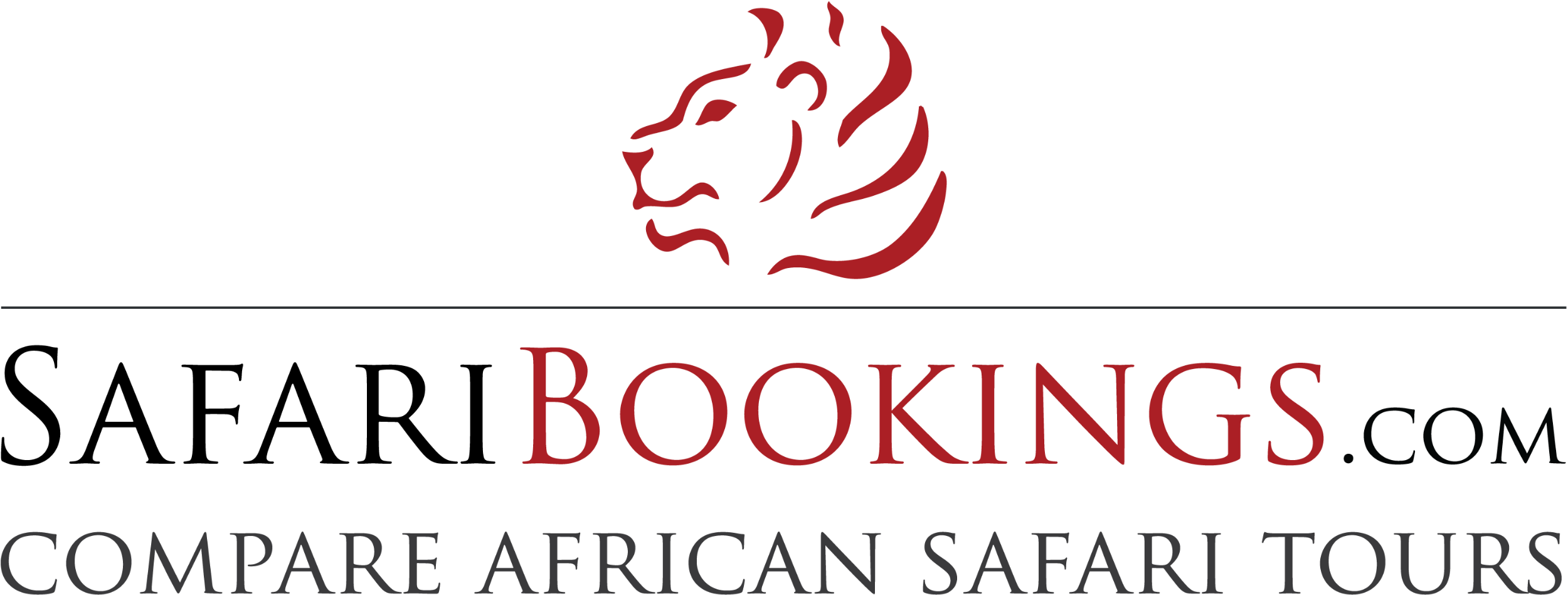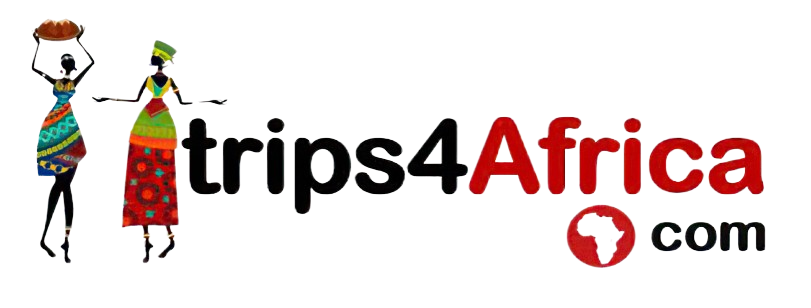Menu
Safaris are completely safe. As long as you follow the park camping rules and safety guidelines you have
nothing to worry about. It is important to familiarize yourself with these. Highly experienced and qualified
tour guides will never place guests in a potentially threatening situation. Whilst there is an inherent risk whilst
travelling on a mobile safari and in Africa, it is no more dangerous than travelling anywhere else in the world.
You will be in wildlife rich areas most of the time you are on safari and will come into relatively close contact
with wild animals. The camps are, however, safe and the guides that will be accompanying you are well
trained. Very good medical air rescue services are available and the camps and lodges are in good radio
contact with them at all times
Mosquitoes which carry malaria are prevalent in most areas of Sub-Saharan Africa. They will mainly be
encountered in Southern Africa during the hot wet season of November to March. During the drier months of
the year (May – October), there are not may mosquitoes around. Botswana is considered a low risk malarial
region but please speak with your own Doctor for advice on vaccinations and malaria medication required
for visiting Botswana, as you may need additional vaccinations if you are visiting any other countries as part
of your itinerary such as Yellow Fever for Zambia.
Vaccinations that need to be considered are Hepatitis A & B and Typhoid, we suggest you contact a travelers
clinic for specific recommendations for the country you are traveling to. A Yellow Fever vaccination is
required if you are traveling to Zanzibar. We can provide contact numbers for a travel medicine clinic in your
city
We recommend you drink only bottled water. The local water in can be safely used to
brush your teeth and wash with. To avoid effects of dehydration, please drink lots of bottled water and other
beverages while traveling, especially in the hot months (August to November).
Canadian and American citizens are required to purchase visas to enter Zimbabwe, Zambia, Kenya and
Tanzania. Visas can be purchased through the relevant embassy prior to travel or on arrival at port of entry
of the country you are visiting. At this time there are no costs for entry visas to Botswana, Namibia or South
Africa.
These fees change all the time. We will advise you of the current visa requirements per country. Please also
see the links page for embassy details.
Due to the use of light aircraft for flights between camps in all countries, strict weight limits on luggage are
enforced for safety reasons. In Botswana, on some trips in Namibia and in Zambia you are limited to 20kgs
(44lbs) per person. These limits include camera equipment. If you bring above the restricted amount you will
be asked to leave items behind or to travel without your luggage so make sure you are within the guidelines
Cancellation, interruption and emergency medical travel insurance is essential to protect your investment.
Travel insurance should be purchased when you confirm your safari with a deposit. We strongly advise you to
purchase full and comprehensive travel insurance to cover any eventuality before traveling, including: Safari
Cancellation, Injury, accident, illness, death, medical expenses, emergency repatriation, loss of money or
personal belongings
If you are going to buy a new camera for your African safari, then I suggest you buy a digital SLR camera.
Both Nikon and Canon produce very good, affordable digital SLRs. You will need a good size telephoto zoom
lens, at the very least a 200mm lens, and ideally a 300mm lens. Nikon and Canon also have lenses with new
technology called Vibration Reduction on Nikon and Image Stabilization with Canon. These lenses have a
feature which you can turn on to reduce the old problem of camera shake.
Binoculars are very important. You will not always have the animals under your nose! A good pair of 8 x 30
or 8 x 42 would be ideal. The small pocket pairs can become frustrating to use unless they are a very good
make.
From North America you can fly via a European city such as London, Amsterdam or Frankfurt. You can also
fly direct to South Africa from New York or Washington DC. The two main hubs in Africa are Johannesburg in
South Africa or Nairobi in East Africa. You can fly direct from Europe into other African cities such as Cape
Town, Dar es Salaam, Kilimanjaro and Lusaka. You would fly into the nearest African city from where your
safari starts. From there we organize flights to smaller airports.
These guidelines on tipping are strictly for your information, tipping is optional and the amount is entirely up
to you but these are the ‘industry standards’:
Guides: USD 10.00 per person per day
Safari Chef: USD 5.00 per person per day
General Staff: USD 5.00 per person per day
Bush Rover Safaris vehicles are spacious and comfortable taking a maximum of 8 guests. All our vehicles are
fitted with inverters and strip plugs allowing guests to charge batteries whilst on safari with us using the ac
charger that came with your appliance. For guests who need to purchase adapters, Botswana uses The Old
British M3 3 Pin Type M plug (same as South Africa). These inverters are for necessary items such as camera
batteries only, please do not bring draining items which require charging for a long time such as electric
toothbrushes etc. There will be a fridge either on the vehicle in order that cold drinks are available to guests
at all times on game drive






Bush Rover Safaris is a premier mobile safari company dedicated to providing unparalleled adventure experiences across Botswana, Namibia, Zambia, South Africa, and Zimbabwe.